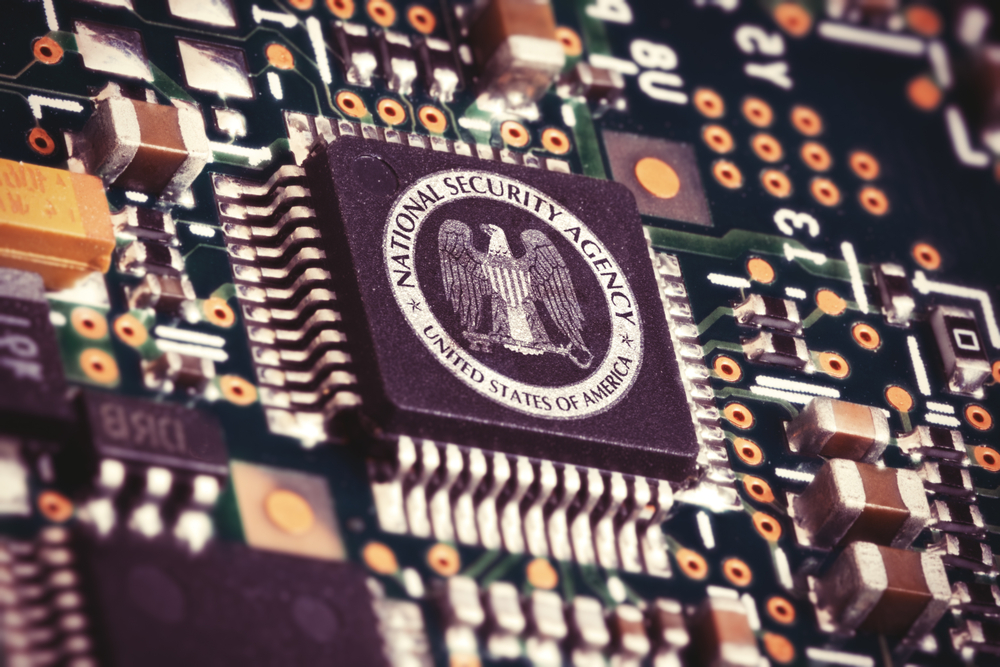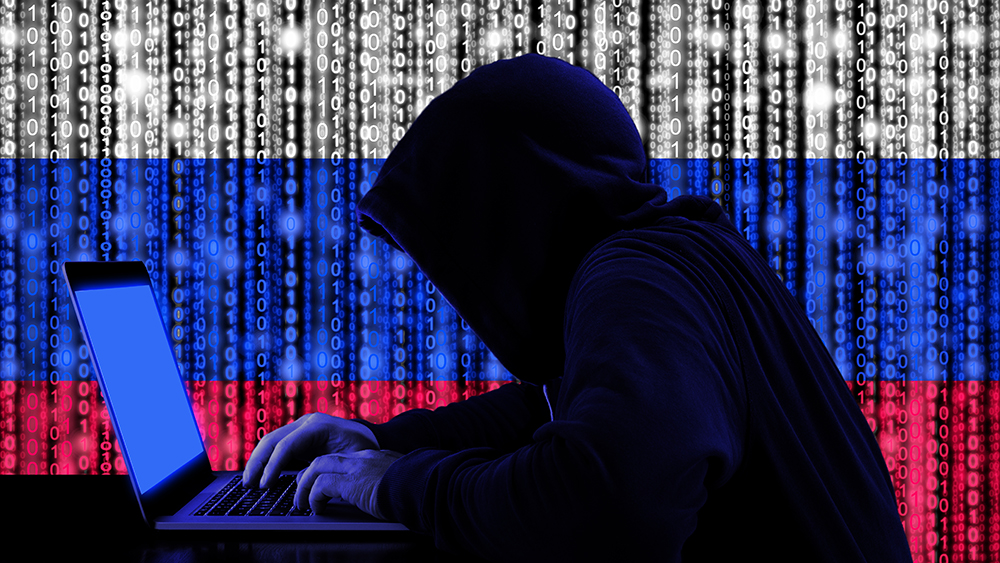Kaspersky claims pirated Office software was behind NSA exploit leak
The company has released the early results of its investigation into the 2014 incident


Kaspersky has refuted claims its software could be used by the Russian government to spy on US intelligence operatives, indicating that pirated Microsoft Office software is to blame instead.
Following allegations that Russia's FSB intelligence agency used its antivirus software to infiltrate the PC of an NSA contractor and steal top-secret exploit code, the Russian security firm released the preliminary results of its own investigation into the incident.
Kaspersky’s attempt to overturn US government ban thrown out of court Best antivirus for Windows 10 Kaspersky Total Security 2017 review
According to the company's detailed timeline, Kaspersky's antivirus software detected samples of malware created by the Equation group - a highly-sophisticated hacking group widely suspected of ties to the NSA - on the PC of a US user in September 2014.
"Following these detections, the user appears to have downloaded and installed pirated software on his machines, as indicated by an illegal Microsoft Office activation key generator," the company explained. "To install and run this keygen, the user appears to have disabled the Kaspersky products on his machine ... Executing the keygen would not have been possible with the antivirus enabled."
This keygen, the company claimed, was in fact a Trojan, which dropped a "full blown backdoor" onto the subject's PC, which "may have allowed third parties access to the user's machine".
After the user re-enabled their anti-virus installation, the software blocked the backdoor. It also began detecting previously unknown variants of the Equation malware, including a 7zip archive. This archive was promptly sent back to Kaspersky Lab HQ for analysis, at which point it was found to contain "multiple malware samples and source code for what appeared to be Equation malware".
Upon discovery, this was reported to CEO Eugene Kaspersky. The company said that the archive and its contents were deleted from all of Kaspersky's systems and was not shared with anyone else. It also stated that "Kaspersky Lab has never created any detection of non-weaponized (non-malicious) documents in its products based on keywords like 'top secret' and 'classified'."
Get the ITPro daily newsletter
Sign up today and you will receive a free copy of our Future Focus 2025 report - the leading guidance on AI, cybersecurity and other IT challenges as per 700+ senior executives
In short, the company appears to be implying that its software was turned off by an NSA contractor in order to install a pirated version of Office 2013, which contained a backdoor. This backdoor could then have been used by the FSB to gain access to the NSA's Equation exploits, as opposed to the exploits being turned over by Kaspersky Lab itself exploits which were promptly deleted from its files, the company said, when it discovered what they were.
This story has drawn a mixed response from the cybersecurity community; F-Secure chief research officer Mikko Hypponen has subtly hinted that the lure of keeping hold of sophisticated nation-state malware may have been too much for Kaspersky to resist.
Ex-black hat-turned-pen-tester Kevin Mitnick, however, said that the company's account more plausible than alternative explanations.
"The investigation is still ongoing," Kaspersky stated, "and the company will provide additional technical information as it becomes available. We are planning to share full information about this incident, including all technical details with a trusted third party as part of our Global Transparency Initiative for cross-verification."
Adam Shepherd has been a technology journalist since 2015, covering everything from cloud storage and security, to smartphones and servers. Over the course of his career, he’s seen the spread of 5G, the growing ubiquity of wireless devices, and the start of the connected revolution. He’s also been to more trade shows and technology conferences than he cares to count.
Adam is an avid follower of the latest hardware innovations, and he is never happier than when tinkering with complex network configurations, or exploring a new Linux distro. He was also previously a co-host on the ITPro Podcast, where he was often found ranting about his love of strange gadgets, his disdain for Windows Mobile, and everything in between.
You can find Adam tweeting about enterprise technology (or more often bad jokes) @AdamShepherUK.
-
 Bigger salaries, more burnout: Is the CISO role in crisis?
Bigger salaries, more burnout: Is the CISO role in crisis?In-depth CISOs are more stressed than ever before – but why is this and what can be done?
By Kate O'Flaherty Published
-
 Cheap cyber crime kits can be bought on the dark web for less than $25
Cheap cyber crime kits can be bought on the dark web for less than $25News Research from NordVPN shows phishing kits are now widely available on the dark web and via messaging apps like Telegram, and are often selling for less than $25.
By Emma Woollacott Published
-
 Hackers are lying low in networks to wage critical infrastructure attacks - here’s how they do it
Hackers are lying low in networks to wage critical infrastructure attacks - here’s how they do itNews Hackers are researching key IT workers in their bid to gain access to vital systems
By Steve Ranger Published
-
 ASUS, Cisco, Netgear devices exploited in ongoing Chinese hacking campaign
ASUS, Cisco, Netgear devices exploited in ongoing Chinese hacking campaignNews Critical national infrastructure is the target of sustained attempts from state-sponsored hackers, according to Five Eyes advisories
By Ross Kelly Published
-
 US reveals bespoke tool that took down Russian malware operation
US reveals bespoke tool that took down Russian malware operationNews Snake had been used to steal NATO countries’ data for 20 years
By Rory Bathgate Published
-
 Move away from memory-unsafe languages like C and C++, NSA urges
Move away from memory-unsafe languages like C and C++, NSA urgesNews The US agency advises organisations to begin using languages like Rust, Java, and Swift
By Zach Marzouk Published
-
 US gov issues fresh warning over Russian threat to critical infrastructure
US gov issues fresh warning over Russian threat to critical infrastructureNews The FBI, NSA and CISA have urged network defenders to be on "heightened alert" for Russian cyber attacks
By Connor Jones Published
-
 NSA warns smartphone users of ‘large scale data tracking’
NSA warns smartphone users of ‘large scale data tracking’News Common features like Bluetooth and Wi-Fi can reveal sensitive details about users like their daily routines
By Keumars Afifi-Sabet Published
-
 NSA hands serious flaw to Microsoft rather than use it
NSA hands serious flaw to Microsoft rather than use itNews Patch Windows 10 now, as the NSA has spotted a bug impacting security certificates
By Nicole Kobie Published
-
 100GB of secret NSA data found on unsecured AWS S3 bucket
100GB of secret NSA data found on unsecured AWS S3 bucketNews The data related to a failed NSA cloud collaboration project
By Adam Shepherd Published